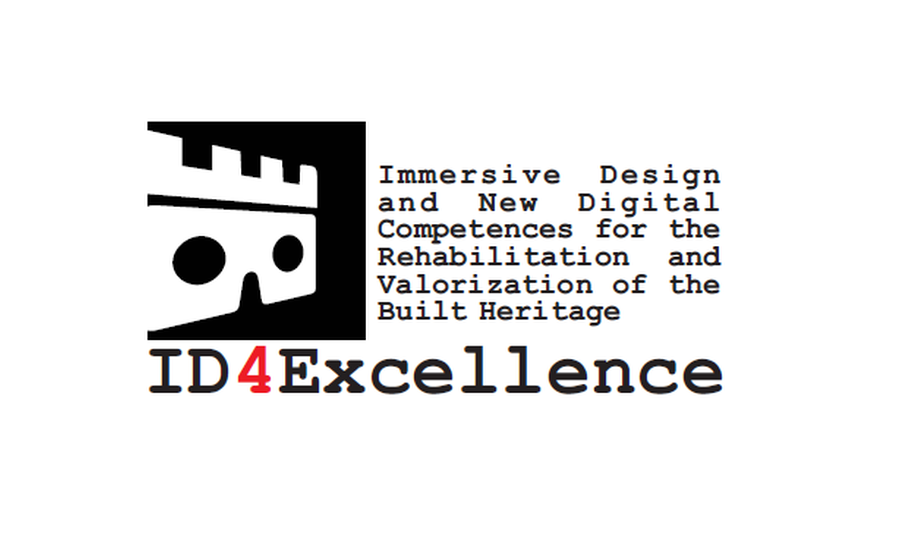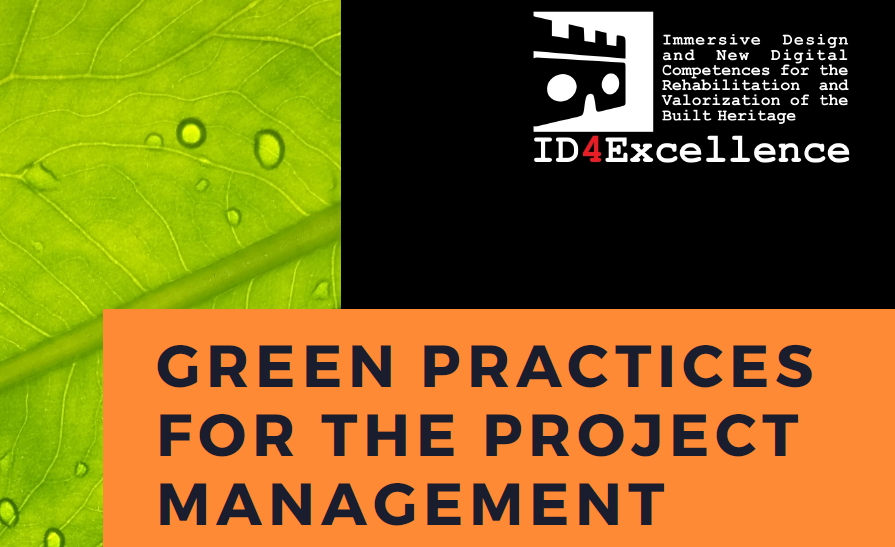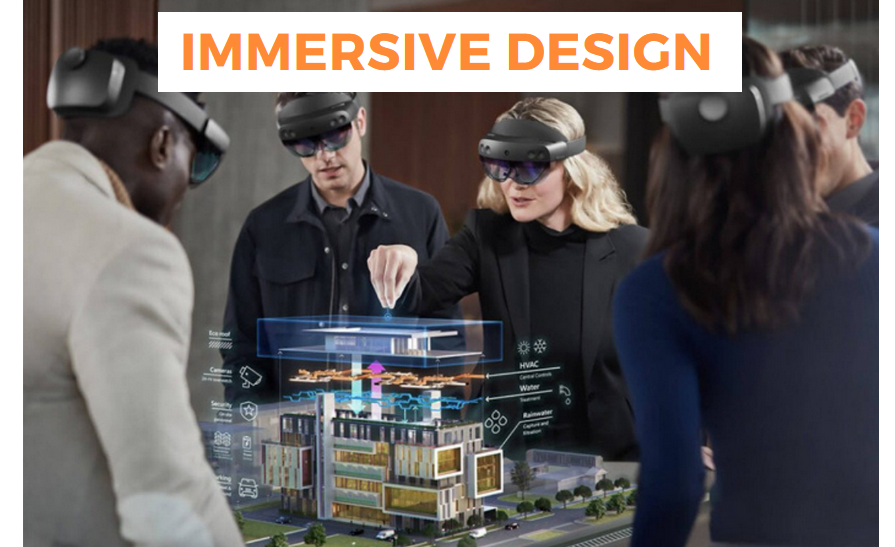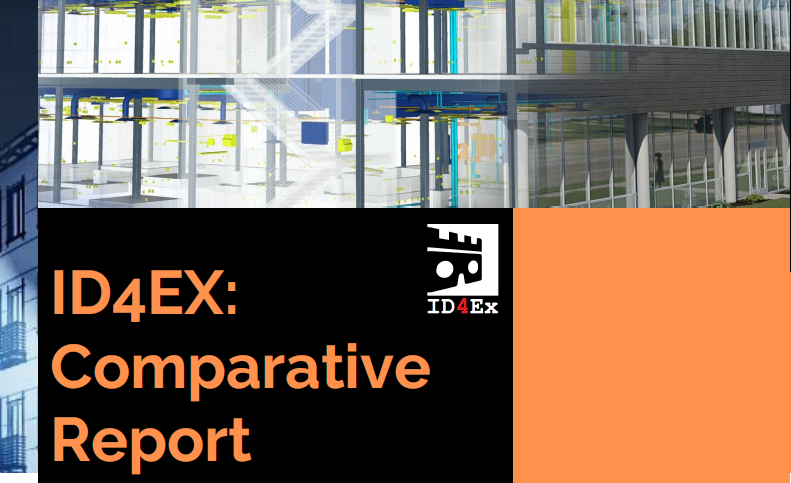ID4Ex (Immersive Design for Excellence) project intended to meet Europe 2030 growth strategy priorities on employment and education. The project also considered the EU Roadmap Opening up Education (04/2013) enhancing education and skills development
through new technologies and underlining the “insufficient supply of quality digital contents across languages, subjects and needs”. The construction sector is facing great challenges, not least the current health emergency that forces to rethink the places and spaces of both supply chain and value-chain, from training to design phase, from construction site to use and maintenance. In this context, the digitization of the sector represents an important driver to face not only the challenges of effectiveness and efficiency to foster, projects innovation, but also the excellence and specialization of the
skills, which is of main importance for the industrialization of the sector itself. Moreover, an immersive design approach to the project innovation could lead to inclusive products and services in order to engage all the actors and stakeholders involved in the process. Supporting the updating of skills and competences through an inclusive approach to the built heritage intervention, making with the use of new technologies and the combination of Key Enabling Technologies, (KETs), Virtual Reality (VR), Immersive Interactive Experience (IIE) and advanced 3D modelling is the general aim of the ID4Excellence project.
Additionally, the project realized the following goals:
– upgrading and innovating existing training programs with up-to-date Immersive Design
methods and tools for the built heritage interventions with both virtual and dimensional environments and time-based narrative and story space,
– improving the effectiveness of teaching and learning through the application of an inclusive, immersive design approach to the project,
– increasing the synergic use of up-to-date technologies, in an integrated way,
with a teamwork approach and personal development,
– increasing the cooperation among educational institutions and enterprises in the EU for better employability.
The project developed, among others:
– comparative research on VR technologies applications for the rehabilitation and valorization of the built heritage,
– training modules for immersive design experts,
– digital training toolkit for immersive design experts.
Please visit RESULTS section to download the files free of charge!
The project was addressed primarily to students and universities, but also to architects, engineers, construction specialists, and educational organizations.



